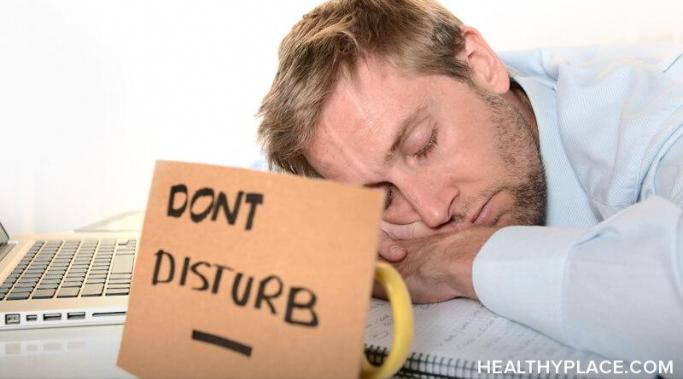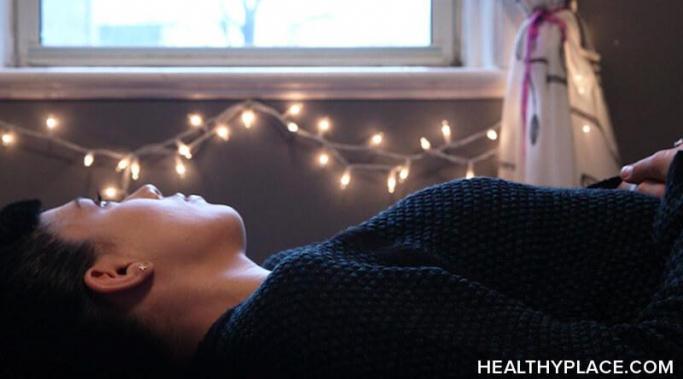Nightmares are one of the most common symptoms of posttraumatic stress disorder (PTSD). While most people experience a nightmare or two in their lifetime, up to 72% of people suffering from PTSD develop recurring nightmares as a result of the disorder. I am one of those people. I started experiencing nightmares as a result of PTSD when I was sixteen. Almost eight years later, I still get them every time I close my eyes to sleep. Coping with daily nightmares (and the poor sleep quality that can result) has been difficult, but I have found ways to manage them over time.
Trauma! A PTSD Blog
I've kept strong family boundaries in place even as the COVID-19 pandemic upended life as we've known it. Stores are closed, gyms are shut down, and businesses are struggling to get by as communities across the world hunker inside their homes. While the coronavirus probably won't be much of an issue for me as a healthy, 24-year-old woman, I worry about those around me. I think about what would happen if my coaches or my friends with compromised immune systems fell ill. I worry about my sister living alone while her community is shut down. And I worry about my family members catching COVID-19 even though I've had strong family boundaries in place due to their abuse.
Posttraumatic stress disorder (PTSD) can get worse before it gets better when you start therapy. Find out why that's normal and how to handle it.
Posttraumatic stress disorder (PTSD) and intimate relationships don't always go well together. On top of that, dating when you are in your 20s is tough. Finding people to date in real life is next to impossible, and online dating can be a fiasco. If you ask around, you'll find that many people in their 20s know and understand this struggle--myself being one of them. What most people don't understand, however, is how much more difficult dating and forming intimate relationships can be when you're suffering from PTSD.
Posttraumatic stress disorder (PTSD) and fear are the best of friends. Fear is the driving force behind our fight-or-flight instinct, the most primal emotion we experience. While fear can exist without PTSD, PTSD can't exist without fear. Because of this connection, overcoming trauma-related fears is an important part of PTSD recovery.
Posttraumatic stress disorder (PTSD) is exhausting. I often describe the disorder as a brain at war with itself, fighting and pulling different parts of your mind in all directions. The thoughts, worries, and instincts circling through your head can get so loud at times that it makes you want to cover your ears.
Today I want to talk about why it's so difficult to follow through on New Year's resolutions when you have posttraumatic stress disorder (PTSD).
Healing from posttraumatic stress disorder (PTSD) is rarely a linear process. Just like any journey in life, recovering from PTSD has ups and downs. There will be times when things are good and times when things are bad. When PTSD starts getting worse, it can feel frustrating and scary. We know how to handle the good times in PTSD recovery, but what do you do when PTSD symptoms start increasing?
When you're living with posttraumatic stress disorder (PTSD), the holiday season can feel like a nightmare. Holidays can be stressful for everyone, but trying to balance the activities of the season when you have PTSD can be very overwhelming.
Posttraumatic stress disorder (PTSD) is a difficult disorder to carry throughout life, so you need to learn how to manage PTSD triggers. The symptoms of PTSD can be debilitating, and it's hard to predict when they're going to strike. Any sight, sound, smell, or conversation can cause an unwanted traumatic memory to pop up in your mind, disrupting your sense of peace. Learning to cope with PTSD starts with identifying the triggers that cause you distress. If you are able to predict what types of stimuli might cause you to get stuck in a traumatic memory, you will be better prepared to manage the PTSD triggers throughout your day.









